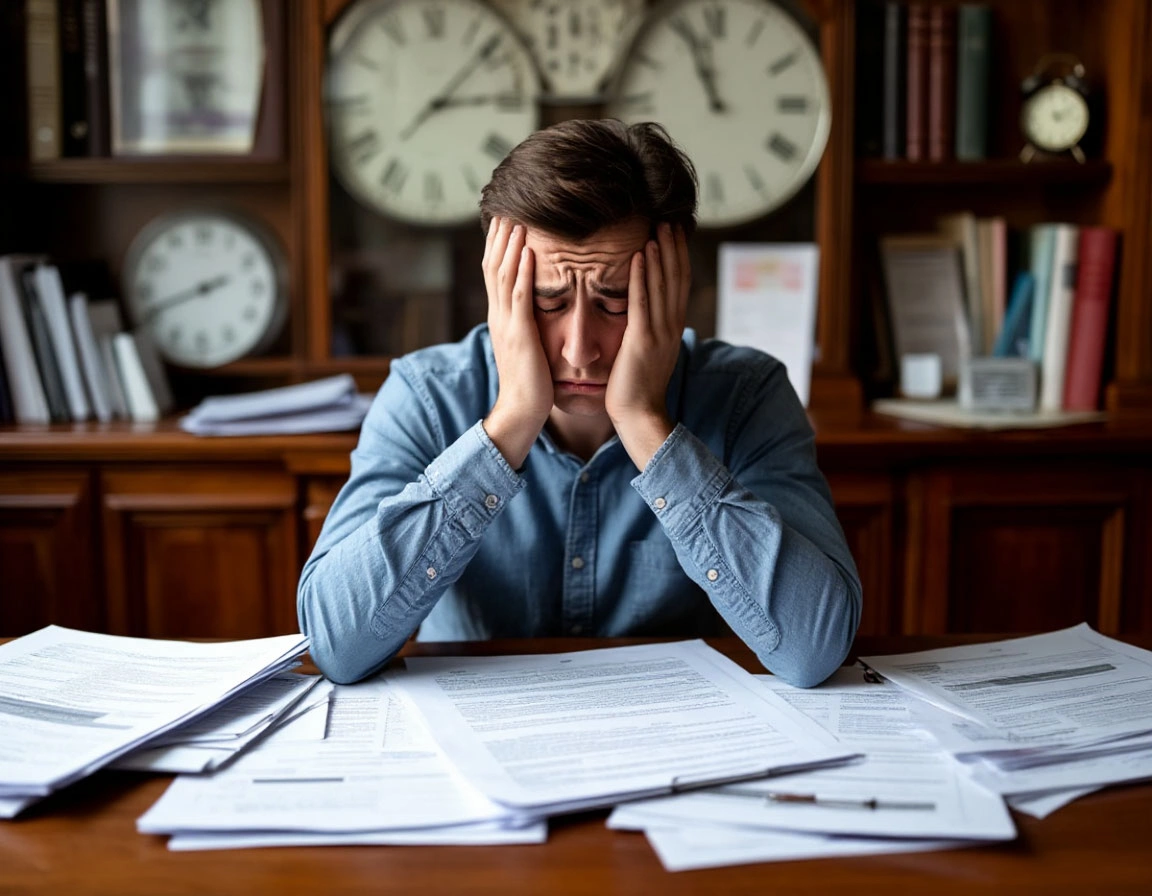😰 Anxiety: When Fear Hijacks Your Life
🧠 Fear vs. Anxiety: What’s the Difference?
Fear and anxiety might feel similar, but they serve different emotional roles. Fear is our reaction to a visible threat — a barking dog, a looming deadline, or an unexpected sound in the dark. Anxiety, on the other hand, is the unease about something that might happen in the future. It's the voice in your head that whispers, “What if...?” — even when nothing seems wrong on the surface.

This emotion isn't a flaw — it's an evolutionary advantage. Our ancestors who noticed rustling bushes and imagined danger (even when there was none) were more likely to survive sabretooth attacks than their carefree companions. Those who worried lived longer. But today, that once-useful reflex can spiral out of control.
📊 How Common Is It?
You’re not alone. Statistically, 1 in 3 people will experience significant anxiety at some point in their lives. And when we broaden the definition to include everyday anxiety — that gnawing unease before a big presentation or the sleepless night before an exam — the numbers likely approach 100%.
The real issue isn’t whether you feel anxious. It’s whether your anxiety is helping you adapt or just holding you back.
⚖️ When Anxiety Becomes a Problem
Anxiety, like any emotion, is only problematic when it stops serving a useful purpose. Let’s say you’re working on an important project. A bit of anxiety might push you to work harder, double-check your work, or prepare more thoroughly. That's adaptive anxiety — uncomfortable, but beneficial. But if your worry becomes so intense that you’re paralyzed, procrastinating, or physically unwell? That’s when it crosses the line into maladaptive or even clinical anxiety.

🔍 Why Are Some People More Anxious Than Others?
There’s no single answer — anxiety is influenced by a mix of biology, psychology, and life experiences.
- Women are twice as likely to experience anxiety disorders. Hormonal fluctuations, especially involving the thyroid or adrenal glands, may play a role.
- Childhood trauma, unresolved stress, or emotional neglect can shape how we respond to life’s challenges.
- Even genetics contribute: some people are simply wired to react more sensitively to stress.
But the good news? You don’t have to know the exact cause to start healing.
🛠️ How to Manage Anxiety
Whether your anxiety is mild or overwhelming, there are practical strategies to regain balance:
🧘♀️ 1. Breathing Exercises
Try the 4-7-8 method: inhale for 4 seconds, hold for 7, exhale for 8. Do this 4–5 times. It slows your heart rate and calms your nervous system.
🧘 2. Mindfulness & Meditation
Just 5–10 minutes daily can make a difference. Use apps like Headspace or Calm to guide your practice. Focus on the now, not the what if.

🏃 3. Exercise
Physical activity boosts endorphins, the body’s natural mood elevators. Whether it’s yoga, jogging, or a brisk walk, movement helps release tension and improve mood.
🧠 4. Cognitive Behavioral Therapy (CBT)
A proven method to reframe negative thinking patterns. If your anxiety feels overwhelming, CBT with a trained therapist is highly effective.
😴 5. Sleep and Diet
Lack of rest and poor nutrition can fuel anxiety. Aim for 7–8 hours of quality sleep, limit caffeine, and avoid heavy meals at night. Eat foods rich in:
- Magnesium (spinach, nuts)
- Omega-3 fatty acids (fish, flaxseed)
- B vitamins, especially B6 and B12
Close